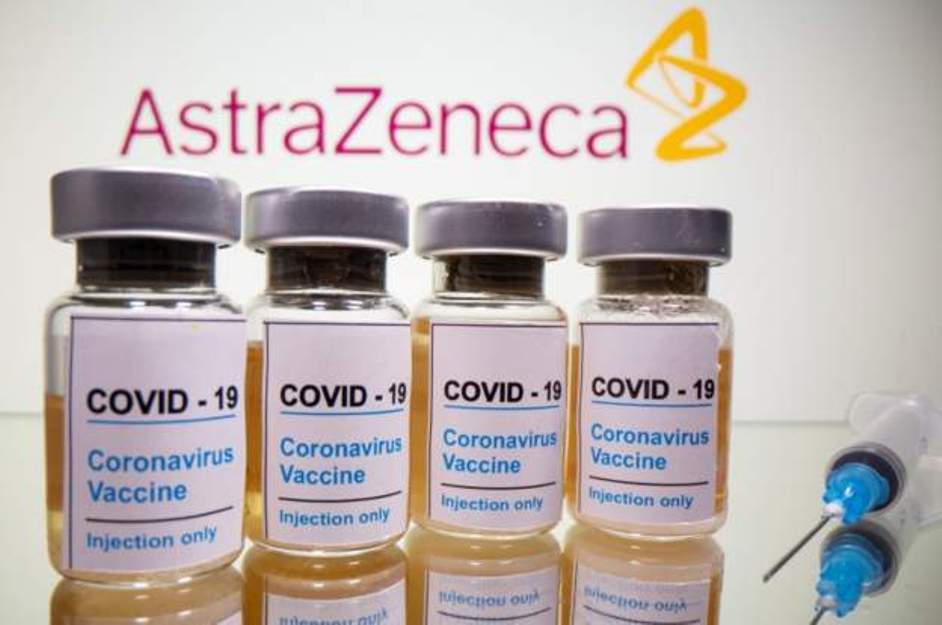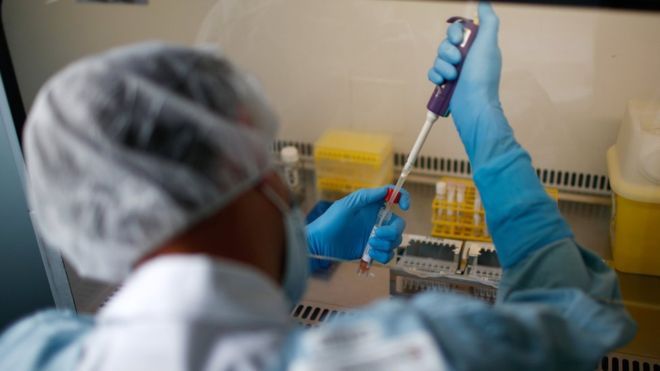A new study by Makerere University-based bio-ethicists has found that the government erred regarding who should be given priority as initial beneficiaries of the COVID-19 vaccine.
Launching preliminary findings of the survey in which scientists sought to establish ethical and social issues for vaccine priority setting and access on Friday, the scientists said key stakeholders in the country were not consulted and as a result, they didn’t contextualize the intervention to match the reality in the country.
Dr Joseph Ochieng, a Bioethicist based at the Department of Anatomy who was the Principal investigator on the survey says the Ministry of Health couldn’t avail them guidelines which they based on to zero on what they referred to as priority populations.
According to the Ministry of Health, health workers, teachers, security personnel and the elderly aged 50 years in addition to people living with pre-existing medical conditions that compromise their immunity are to get vaccinated first in an exercise that started last week.
But, Ochieng says their respondents interviewed between January and March pointed out that truckers, sex workers, those involved in public transport like taxi drivers, people much older than 50 years and frequent travelers ought to have been among the first beneficiaries.
The respondents reached out to through key informant and in-depth interviews included members of the National COVID-19 task force, public health experts, clinicians involved in COVID-19 treatment, human rights experts and bioethicists.
Ocheing says that the government should have consulted these key stakeholders before embarking on the exercise.
Dr John Barugahare, a lecturer in the department of philosophy at Makerere University said that the decisions of choosing who benefits first were left to people who are supposed to roll out something he finds problematic wondering how the Ministry considers the elderly who live in rural areas at the expense of a taxi driver who interacts with many people each day and can transmit to a lot of other people once infected.
He says if the government had gathered enough evidence of who Uganda’s priority populations are there’s no way constant travelers would have missed on the list considering that data indicates that even with the onset of community transmission, still, four in every five patients that were admitted with COVID-19 had a travel-related history or interaction with a traveller.
This study comes at a time when the Ministry has just altered its priority population plan allowing only the elderly of 70 years and above to access vaccination.
On Thursday, health minister Dr Jane Ruth Aceng said this decision was reached because of the limited vaccine stock currently available.
While the government had initially planned to vaccinate slightly more than 3.3 million people aged 50 and above, the Minister says the country has so far accessed only 964,000 doses of the drug which should be used by different key populations.
Ochieng says the current confusion is because due diligence wasn’t done recommending that government needs to do a continuous assessment of their prioritization as more vaccines become available.
The researchers recommend the need to set evidence-based criteria for access to scarce health resources and making such decisions accessible to the public, even for future epidemics or other public health emergencies.
The study was funded by the World Health Organization.
-URN




